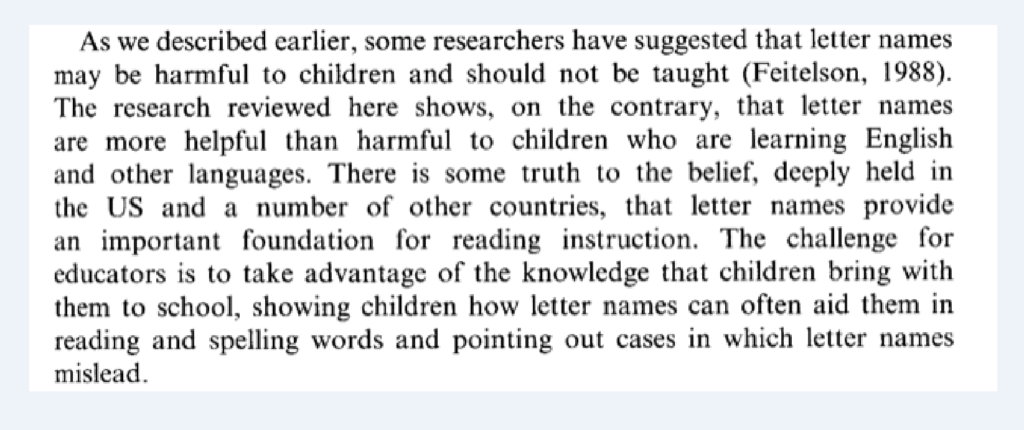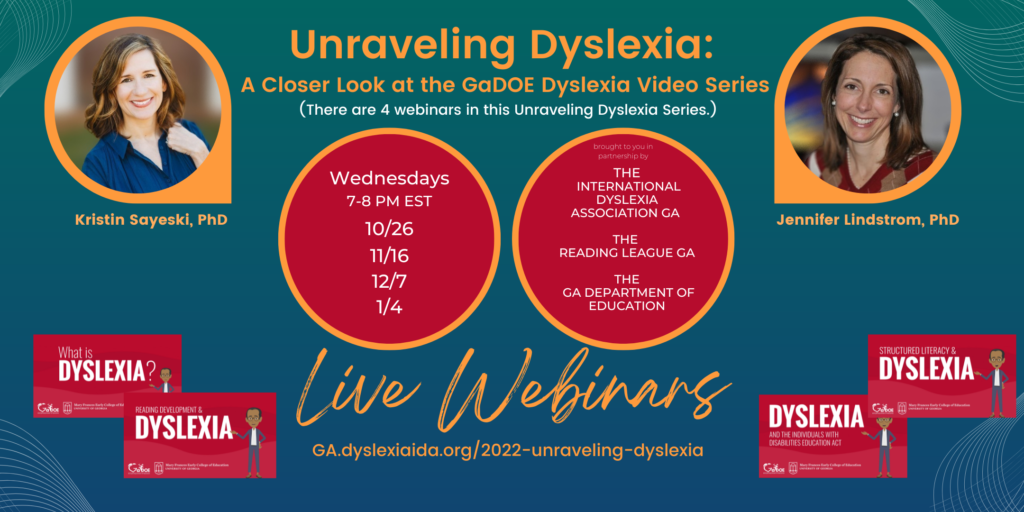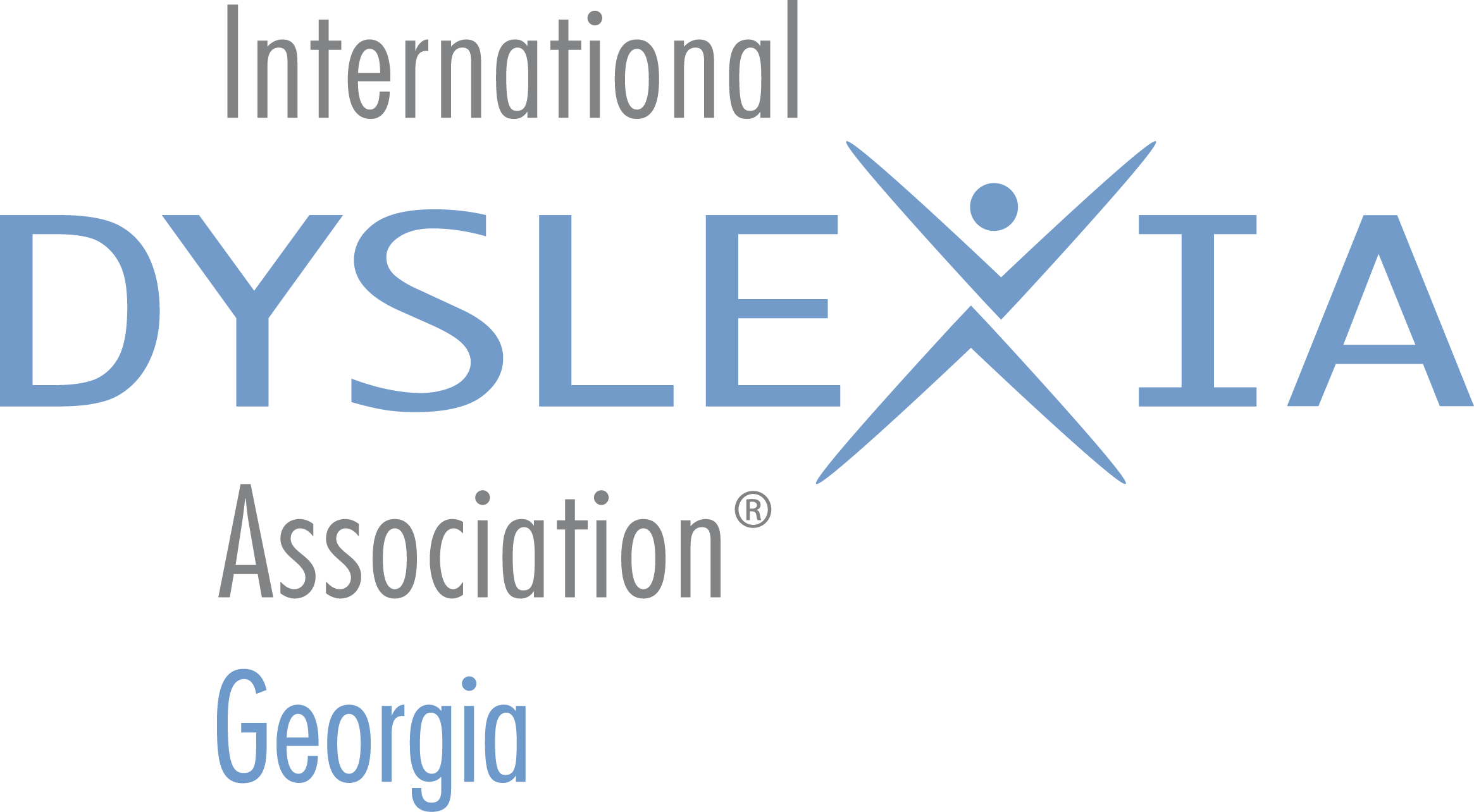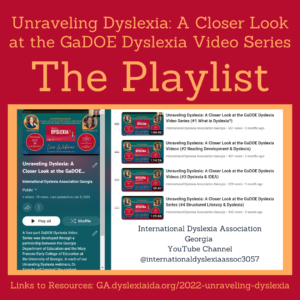The International Dyslexia Association Georgia, The Reading League Georgia, and the Georgia Department of Education partnered to bring you these live webinars. The webinar recordings are now available.
DESCRIPTION
In each of our Unraveling Dyslexia webinars, Dr. Sayeski will “unravel” the content presented in the four-part GaDOE Dyslexia Video Series* that was developed through a partnership between the Georgia Department of Education and the Mary Frances Early College of Education at the University of Georgia. At the end of each webinar, Dr. Sayeski and Dr. Lindstrom answer questions to clarify further the information presented and to provide guidance on how best to support students with dyslexia in the school setting.
ARE YOU READY TO TAKE A CLOSER LOOK?
Unraveling Dyslexia Playlist (recordings of the webinars).
*Click here to watch the GaDOE Videos discussed in the webinars.
Recording for the October 26 webinar (#1 What is Dyslexia):
https://youtu.be/ZTSUltSLlT0
Slides:
https://drive.google.com/file/d/1xT3_b1T9a1ZFtvwRmWMUREgdWAY1XyRX/view
Information referenced in the webinar by Dr. Sayeski:
Dehaene’s presentation on the brain
Dyslexia: Cultural Diversity and Biological Unity
Recording for the November 16 webinar (#2 Reading Development and Dyslexia):
https://youtu.be/ikKoYfvdHyA
Slides:
bit.ly/3tByyNi
Resources referenced in the webinar by Dr. Sayeski:
Sold a Story: https://features.apmreports.org/sold-a-story/
Continuous Blending: How to teach continuous blending with Emily Laidlaw: https://www.youtube.com/watch?v=nnLQbEs5ur0
Regarding the Question about Teaching Letter Names:
- The national literacy curriculum in England recommends a letter-sounds-first approach. Parents in England are more likely to refer to letters by their sound than their name (“Write /ă/.” and “Your name starts with the /ă/ letter.”)
- In the US, schools and parents emphasize letter names. Rebecca Treiman has conducted extensive research on this and concludes… Click HERE. Treiman_Kessler_2003_role_of_letter_names
- Block and Duke recommend not teaching letter names. Click HERE to access the article, which is full of good information about letters and the alphabetic principle.
- My 2 cents: Most kids have some (or significant) familiarity with letter names. That knowledge can serve as a scaffold, but phoneme-grapheme correspondence instruction needs to happen from day 1 of kindergarten.

Information shared in the webinar by Dr. Lindstrom (Click on each to access):
The Reading League’s Curriculum Evaluation Guidelines
The Georgia Department of Education’s ELA Standards (open for public comment until Dec. 5, 2022)
APM’s What to do if your child’s school isn’t teaching reading right?
Recording for the December 7 webinar (#3 Dyslexia & the Individuals with Disabilities Education Act):
https://youtu.be/d5Dab90WOaw
Slides:
bit.ly/3FxVtij
Additional Information shared in the comments by moderator Nicole Vella:
MTSS Guidance Document
Curriculum Tools – Resource 1
Curriculum Tools – Resource 2
Recording for the January 4 webinar (#4 Structured Literacy & Dyslexia)
https://youtu.be/bj5fpD-eqgE
“Structured Literacy & Dyslexia” is the fourth video in the series. This video explains what is meant by a structured literacy approach to reading instruction and what this means for students with dyslexia. First, the features of explicit, systematic, and cumulative instruction are described, followed by an explanation of how these features can be applied within the delivery of effective reading instruction. Next, the content elements of a structured literacy approach are reviewed, which include decoding, spelling, writing, and comprehension. Finally, the features of instruction specifically for students with dyslexia are delineated.
Information shared during the live webinar:
Slides:
bit.ly/3VOKebc
UFLI Heart Word Resources:
- Really Great Reading: https://www.reallygreatreading.com/heart-word-magic?utm_term=&utm_campaign=Sales-Performance+Max-1&utm_source=adwords&utm_medium=ppc&hsa_acc=5560567274&hsa_cam=18898906309&hsa_grp=&hsa_ad=&hsa_src=x&hsa_tgt=&hsa_kw=&hsa_mt=&hsa_net=adwords&hsa_ver=3&gclid=CjwKCAiAh9qdBhAOEiwAvxIok0Pf-laARwaCpQXBZwMnB11dnCMjCoo_1cgt1uSBYTiHTIQc4g7FrhoCxzgQAvD_BwE
- YouTube Tutorial: https://www.youtube.com/watch?v=rQCjexFsov4&t=1s
- Printable Heart Words Cards: https://ufli.education.ufl.edu/wp-content/uploads/2022/09/UFLI_Heart_Word_Printable_Cards.pdf
- Other Printable Resources: https://ufli.education.ufl.edu/foundations/printable-resources/
Make It Stick: https://www.retrievalpractice.org/make-it-stick
Why Don’t Students Like School? (2nd Edition): A Cognitive Scientist Answers Questions About How the Mind Works and What It Means for the Classroom by Daniel Willingham: https://www.amazon.com/Why-Dont-Students-Like-School/dp/B098BN7RN1/ref=sr_1_1?gclid=CjwKCAiAh9qdBhAOEiwAvxIok52Qotp2p7qWbm7tGGh44jdh1imaq-vh-0H22uSRzSoM9hKWYDU1FBoCkaoQAvD_BwE&hvadid=241639539046&hvdev=c&hvlocphy=9011071&hvnetw=g&hvqmt=e&hvrand=9447231190726857830&hvtargid=kwd-12429976765&hydadcr=22591_10356101&keywords=why+don%27t+students+like+school&qid=1672917919&sr=8-1
The Purple Challenge Part I: https://www.youtube.com/watch?v=Lxx7hs0qdKQ; The Purple Challenge Part II: https://www.youtube.com/watch?v=h2pRi_B_Oj8
Register NOW for GaDOE Dyslexia Pilot District Panel: This two-part webinar series (Jan. 26 & March 3 at 3:00 pm EST) will provide an opportunity for teachers and administrators to learn from representatives from the Dyslexia Pilot Districts. In Session 1, attendees will hear directly from district representatives about how the pilot affected their core reading instruction, screening for dyslexia and other reading difficulties, intervention, progress monitoring, and the use of student data for instruction and intervention. Representatives will also share their districts’ successes, challenges, and lessons learned from the pilot so far. Attendees will be given a planning and discussion guide at the end of Session 1 to use in discussions with colleagues. Session 2 will provide the opportunity for attendees to ask questions that arise in using the planning guide to increase readiness for S.B. 48 implementation. https://login.community.gadoe.org/events/gadoe-dyslexia-pilot-district-panel
The Reading League’s curriculum evaluation guide https://www.thereadingleague.org/curriculum-evaluation-guidelines/
Ed Reports link https://www.edreports.org/
Page 5 in SB-48 describes what schools are expected to do in 2024.
FAQ from Parents with Suggested Answers (from APM Reports 2018)
▹ How can I find out how my child’s school teaches reading?
▹ What if my child’s school is not teaching reading in ways backed by science?
▹ I want to do some activities with my child at home. What do I do?
▹ I think my kid is struggling with reading. How do I know?
▹ I want to do something to help. Who do I contact?
PRESENTERS
Dr. Sayeski is an associate professor in the Department of Communication Sciences and Special Education and co-director of the dyslexia certificate and endorsement programs at the University of Georgia (UGA). Dr. Sayeski received her doctorate in special education from the University of Virginia in 2000. Before joining the faculty at UGA, Dr. Sayeski held appointments at the University of Nevada, Las Vegas, the University of Virginia, and Vanderbilt University. Her professional and research interests include identifying exemplary practices related to teacher development and determining effective instructional practices for students with learning disabilities, particularly in reading instruction and intervention.
Dr. Jennifer Lindstrom joined the Teaching and Learning team at GaDOE in September 2021 as the Statewide Dyslexia Coordinator to assist our state as we lift awareness of dyslexia and create stronger, evidence-based supports for students who are experiencing difficulties while learning to read and write. Dr. Lindstrom’s leadership and guidance will ensure that our students get the “best of the best” from our teachers and schools. Dr. Lindstrom continues to serve as Associate Professor in the Department of Communication Sciences and Special Education, and as Adjunct Professor in the Department of Educational Psychology at the University of Georgia. At UGA, Dr. Lindstrom directs ongoing research focusing on identification of dyslexia and other learning disabilities, issues surrounding the provision of accommodations to individuals with dyslexia and other learning disabilities, and early literacy with a focus on teacher training and the use of research-based methodologies for improving student performance.

Share this page with your friends…


